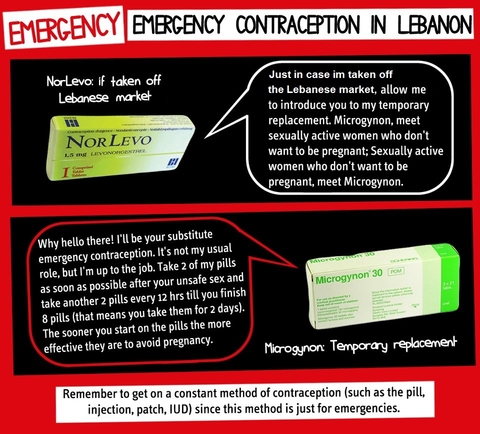Emergency Contraception
When mistakes happen, Emergency Contraception (EC) is an affordable opportunity to take control of your reproductive choices.
Emergency Contraception can prevent an unplanned pregnancy in the following situations:
- No contraception was used
- Missed birth control pills, patch, or ring
- The condom slipped, broke, or leaked
- The diaphragm or cervical cap is dislodged during sexual intercourse or was removed too early
- Error in the calculation of the fertility period
- Non-consensual sexual intercourse (sexual assault)
Unlike other forms of contraception, emergency contraception (EC) can be used AFTER intercourse to prevent pregnancy. EC, which is successful in preventing about three out of every four pregnancies that would have happened, works by delaying/preventing ovulation and can be taken up to 5 days after sex and best in the first 72 hours after unprotected sex.
With EC : The sooner it is taken, the better it works.
Emergency contraception is intended for occasional use only. You should not rely on EC as your primary method of birth control, as it’s less effective than regular contraceptive methods. It does not, by any means, protect against sexually transmitted infections (STIs).
There are three types of EC methods to choose from:
- Hormonal EC method (“the morning after pill” also called Plan B) [Available in pharmacies]
a special formulation called NorLevo® (progestin-only method) - A series of the regular oral contraceptive pills could be used in what is called the Yuzpe method. In the Yuzpe method, specific oral contraceptive pills (such as Microgynon) can be used to stop fertilization in the first 72 hours after unprotected sex (see below infographic).
- A copper intrauterine device (copper IUD): inserted by a health-care professional
